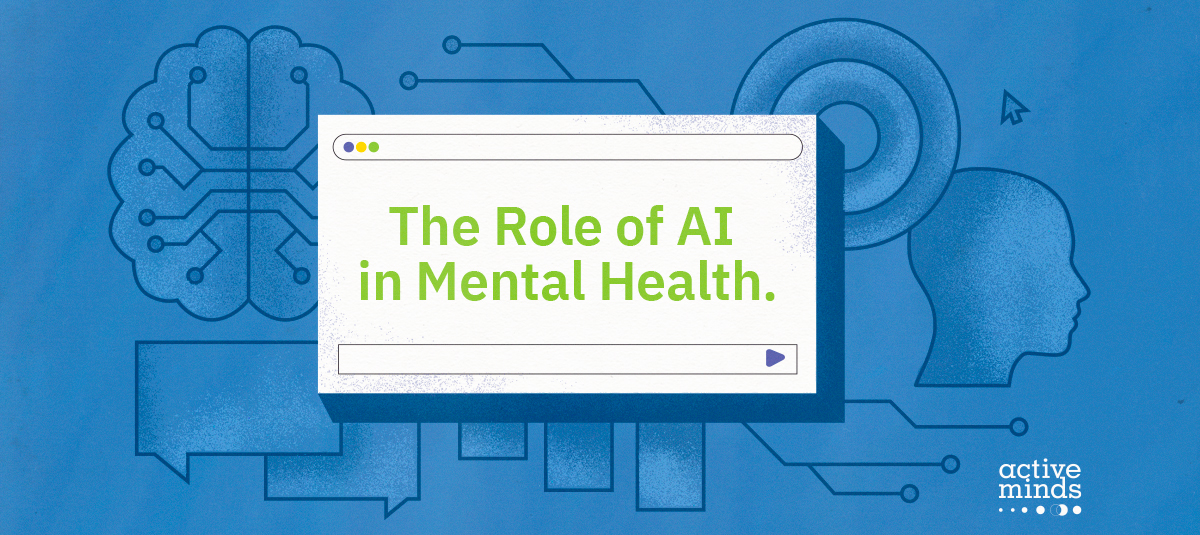Early detection and accurate diagnosis are critical to effectively treating mental health conditions. With the help of artificial intelligence (AI), it is now possible to improve the accuracy of diagnosis and identify symptoms of mental health conditions at an earlier stage. AI algorithms can analyze large amounts of data, including patient history, symptoms, and other relevant information, to identify patterns that may not be evident to a human clinician. This can lead to more personalized and effective treatments and earlier interventions that can help prevent more severe mental health problems from developing. This topic, in particular, sparked my interest after I came across the remarkable applications of AI in the medical field. It intrigued me to explore how AI could be harnessed and incorporated into mental health care, particularly in providing personalized treatment plans. I was captivated by the potential for AI to revolutionize therapy outcomes and improve access to tailored support for individuals in need. However, it’s essential to acknowledge that with any modernized technology, there are inherent risks and ethical considerations that must be carefully addressed.
One recent study on the application of AI in psychological intervention and diagnosis concluded that deep learning might allow them to use this knowledge to benefit online interventions and help improve the efficacy of psychotherapy. Essentially, AI has the potential to revolutionize mental health by providing early detection and accurate diagnosis. One early example of this is a recent experiment that found that text-based internet-enabled cognitive behavior therapy and clinical outcomes are associated with increased odds of improvement and engagement. This model helped them identify patient utterances to fine-tune their approach and make their sessions more effective and engaging for the patients, which could also provide a more personalized approach to patient care and treatment. Overall, AI holds great promise for improving the diagnosis and treatment of mental health conditions.
Still, we must recognize and address that one of the main concerns in using AI in early intervention is the potential for bias in the algorithms used to diagnose and treat mental health conditions. In 2019, the term “algorithmic bias” was coined as the application of an algorithm that compounds existing inequalities in socioeconomic status, race, ethnic background, religion, gender, disability, or sexual orientation, which consequently can amplify disparities in the health system. If these algorithms are not designed and trained with diversity and inclusivity in mind, they may perpetuate existing biases and discrimination against certain groups of people. Another ethical issue is that AI may raise patient privacy and confidentiality concerns. Big data tools are “data-hungry” and need large data sets to provide helpful information. Because users cannot always see how their data is utilized, AI can ultimately jeopardize their ability to adhere to HIPAA regulations fully. Safeguarding patients’ confidential mental health information from unauthorized access or misuse is critical. Lastly, overly relying on technology to help with mental health may also dehumanize mental healthcare and cause a loss of human connection which is essential for any effective treatment.
With these three considerations in mind, it’s imperative to recognize that while AI can provide valuable insights and support for clinicians, it should not replace human judgment and empathy. It is crucial to ensure ethical principles that respect the dignity and autonomy of patients guide the use of AI in mental health treatment.
Overall, the use of AI in mental health has advantages and disadvantages, and it is essential to consider both sides of the issues surrounding its implementation and ethical implications before deciding to integrate AI into mental health care practices fully.




